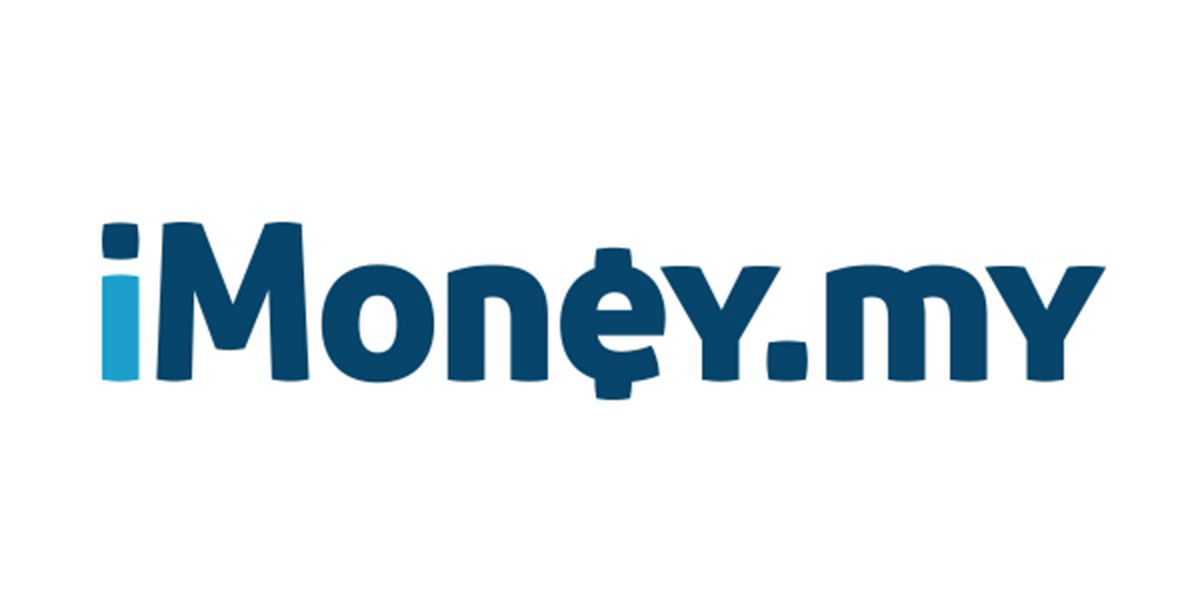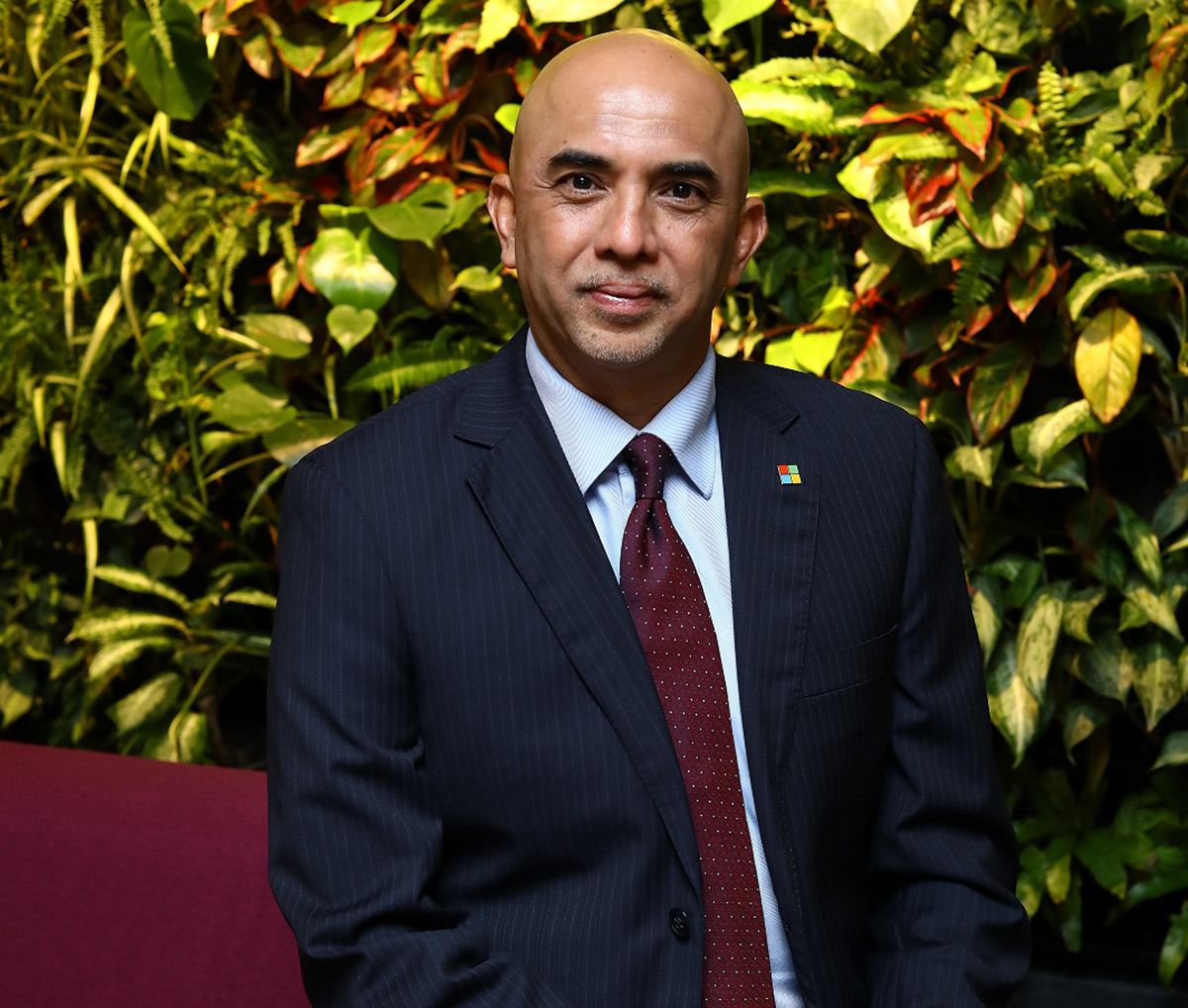Budget 2020 was tabled in Dewan Rakyat by Finance Minister, Lim Guan Eng, yesterday, and key highlights include the allocation of RM20 million to the development of e-sports, a RM30 one-off payment to stimulate the adoption of e-wallets, and a RM50 million grant towards the development of the 5G ecosystem in Malaysia.
In the technology scene, meanwhile, prominent players in the industry have also released respective commentaries on the budget for next year, including Grab, Microsoft, and the Malaysian Digital Economy Corporation (MDEC). The response has been largely positive, with initiatives such as Digital Social Responsibility (DSR) and moves to support the upskilling of the workforce commended by brands.
Here’s a breakdown of how entities in the tech ecosystem have reacted to Budget 2020:
Red Hat

Country Manager, Eric Quah, says that the Government’s emphasis on next-generation technology is certainly encouraging.
“Red Hat is greatly encouraged by the promising use of technology in the digital banking sector and the digital transformation of Malaysian businesses, in line with efforts of having a matured digital landscape. We also applaud the Malaysian government in their commitment to providing support and grants to help businesses achieve automation and digitisation, further enabling access to innovations and disruptive technologies.”
A such, local enterprises should continue to move towards digitalisation, with Red Hat Malaysia aiming to provide support for local businesses via their open-source solutions.
iMoney

iMoney, meanwhile, has commended the allocation of RM20 million in grants and RM20 million from the Human Resource Development grant to promote professional certification exams in IR4.0-related courses.
“These initiatives will provide a larger local talent pool for digital SMEs such as iMoney to recruit from and continue to grow across the region. Furthermore, adequately skilled graduates will find it easier to secure higher-value jobs, allowing them to be gainfully employed and earn higher incomes thereby being able to narrow the current gap between their income and living expenses.”
The Digital Social Responsibility (DSR) initiative is also a welcome addition, according to Mitul Lakhani, CEO of iMoney Group, who explains that this will enable the private sector to work in tandem with the government to improve the digital skills of the future workforce.
“iMoney is confident that with the rakyat-centric initiatives announced in Budget 2020, Malaysia continues to be on the right track towards becoming a highly skilled, high-income nation and achieve its Shared Prosperity Vision 2030.”
Grab

Sean Goh, Country Head of Grab Malaysia, commented that the National Budget’s aims are in line with those of Grabs. These are to “improve digital inclusion and literacy, to empower micro-entrepreneurs and SMEs, and to build a future-ready workforce.”
Given Grab’s continuing status as an e-wallet provider, the company has also commended the Government’s push towards a cashless community.
“A progressive, cashless economy would help micro-entrepreneurs and SMEs grow without the cost, burden and safety concerns that comes with managing cash.”
Cisco Malaysia

Cisco Malaysia’s Manging Director, Albert Chai, states that budget allocations exemplifies the Government’s desire to build a foundation to potentialise the fourth industrial revolution.
“We commend the supportive measures such as the smart automation matching grant of up to RM2 million for local manufacturers and services companies to embrace digitalisation. This, coupled with the tax incentives provided to the electrical and electronics (E&E) industry to facilitate investment in next generation technologies will definitely spur the pace of technological adoption, especially among manufacturers.”
Chai explains that the digitalisation of the manufacturing sector is key to sustainable economic growth in the long term. Skilled talent, however, is a “crucial” challenge for Malaysia to overcome in order to unlock growth for the manufacturing industry.
NetApp

The Country Manager of Malaysia, Brunei, and Philippines, Azrin Abd Shukor, is also pleased with the digital era-centric allocations in Budget 2020, pointing to matching grants for digitalisation for SMEs that will play a pivotal role on the digital economy in Malaysia as a whole.
“The government’s incentivization towards the greater implementation of these services, which are powered by data, is integral to digital transformation.”
This digital shift will also require solutions that will maximise data-centric value. And that’s where NetApp hopes to contribute:
“NetApp’s cloud-connected flash solutions, an element of a Data Fabric strategy, provide the simplicity, operational efficiency and protection needed to support innovation, and we are committed to supporting Malaysian businesses in their transformation efforts.”
Trend Micro

Trend Micro, a cyber security firm, champions initiatives such as the National Fiberisation and Connectivity Plan (NFCP). Connectivity and digitisation, according to Goh Chee Hoh, Managing Director of Trend Micro Malaysia, is key.
“The allocation of RM21.6 billion towards the NFCP and the 5GEcosystem Development Grant worth RM50 million will significantly enhance Malaysia’s economic competitiveness by bridging the digital gap, as well as improving the adoption of Industry 4.0-related technologies that will further ramp up the productivity of Malaysian businesses.”
A caveat to that, Goh reveals, is the importance of cyber security in this new age. In an increasingly sophisticated threat landscape, a multi-layered security approach can be the difference.
“We strongly urge businesses to let cyber security remain a core component of their digital transformation strategies, in order to reap the full benefits of digitisation.”
Airbnb

On the other hand, Airbnb, a platform that allows for users to rent accommodation, “experiences”, and more, says that tourism-focused investments are more than welcome, along with the increased focus on arts and cultures through incentives and grants.
According to Mich Goh, Head of Public Policy, South East Asia, Airbnb:
“We welcome the allocation of RM1.1 billion for the Ministry of Tourism, Arts and Culture (MOTAC) for the Visit Malaysia 2020 campaign, and the continued focus on promoting “Malaysia Truly Asia” as part of the Shared Prosperity Vision 2030.”
Edotco Group

Edotco Group has also stated its support for the push towards 5G.
“Connectivity is key to ensuring a seamless transition to 5G and deploying shared infrastructure is crucial in that journey. As we move towards the era of Internet-of-Things (IoT) technologies, Artificial Intelligence (AI), development of smart cities and so forth, we will need the right solutions that can cope with the increased capacity demands.”
Pledging support, Suresh Sidhu, Chief Executive Officer of edotco Group says that the right solutions are required for the digital era that Malaysia is preparing for.
“Alongside players within the ecosystem, we are committed to transforming Malaysia into a digital economy powerhouse in Southeast Asia with an all-inclusive, vibrant 5G ecosystem.”
Lazada Malaysia

E-Commerce and e-wallets were also given attention with the allocation of Budget 2020 funds, and Lazada Malaysia has applauded initiatives such as the NFCP and the promotion of a cashless society.
According to Leo Chow, Chief Executive Officer, Lazada Malaysia:
“Initiatives such as the National Fibre Connectivity Plan (NFCP) play a huge role in the growth of eCommerce, as reliable and affordable connectivity empowers the next generation of entrepreneurs from previously unconnected areas.”
“We support the Government’s initiative to increase the adoption of eWallets via the one-time digital stimulus. As an equal opportunity employer, Lazada is also pleased to see the Government introducing initiatives to empower more women to take up entrepreneurial roles and increase their participation in the labour force as key contributors to the country’s economy.”
Malaysian Digital Economy Corporation (MDEC)

RM10 million was also budgeted for MDEC to equip micro-digital entrepreneurs and technology experts to improve e-Marketplaces and social media platforms, which has drawn a more than positive response from Surina Shukri, MDEC Chief Executive Officer.
“The Budget 2020 made today demonstrates that the Government is actively encouraging more local businesses to move rapidly into the technology sphere. In line with this, a new programme – 100 Go Digital – has been launched to enable traditional Malaysian businesses to embrace digitalisation.”
Surina explains that MDEC intents to help local businesses with the transition process for “digital transformation”, which will help these businesses address their common pain-points—this will be under the tagline: “Making Digital Tangible”.
In addition to that, the Digital Transformation Acceleration Programme (DTAP), launched a year ago, offers Malaysian companies a structured approach to digital transformation. This is to help mid-tier companies and large corporations achieve increased productivity, reduce foreign labour dependency, and create a new source of growth or business model.
Meanwhile, the RM20 million allocation towards a better Digital Content Ecosystem, is one that is welcome:
“The Malaysian digital content ecosystem represents an industry that has tremendous export potential, and is greatly reliant on our talent and ingenuity, and resonates very strongly with young Malaysians. With over RM7.6 billion in revenue, a fast growing RM1.3 billion export revenue and over 10,000 jobs, this industry is poised for the next stage of growth. “
The Esports industry, meanwhile, is expected by Shukri to further develop with the additional RM20 million it has received.
“Most importantly, MDEC will champion the DICE (Digital Content Ecosystem) 2020-2030 policy. It is a comprehensive paper that MDEC developed for the Ministry of Communications and Multimedia (KKMM) with the goal of fortifying the local digital content industry and, ultimately, and positioning the nation as a leader in digital content creation/production.”
Among other things, the DSR initiative has also been warmly welcomed by MDEC, with the commitment to contribute to “inclusive, equitable, and sustainable digital economic development” a way to give back to Malaysia and to spur digital adoption and entrepreneurship.
Referring to governmental support in building an accelerator ecosystem for SMEs and startups, Shukri hopes to attract Fortune 500 companies and global unicorns to invest in Malaysia.
“Of course, we hope to soon realise the ultimate vision to produce our own Malaysian Global Unicorn.”
Microsoft Malaysia

K Raman, Managing Director of Microsoft Malaysia, points to the Shared Prosperity Vision 203 (SPV30), and explains:
“Malaysia is poised to be a digital-first economy with a robust digital and social infrastructure that works towards bridging the opportunity divide in our journey to become a high-income nation. The core measure undertaken in the budget will help further fuel the digital economy, drive growth for SMEs and enterprises, enhance workforce skills development as well as education access for all.”
Measures to improve high-speed connectivity will also prepare the Malaysian business sector for the global 5G wave, as well.
“With Digital Transformation set to contribute US$10 Billion to Malaysia’s GDP by 2021, the government’s move to enhance our nation’s digital infrastructure is undoubtedly a step forward towards a stronger, more resilient economy. These efforts will help cement Malaysia’s position as a tech powerhouse in the region, drawing in more investments from foreign companies whilst also creating more job opportunities for Malaysian.”
Raman has also pledged the support of Microsoft Malaysia to help with the upskilling of the Rakyat, with platforms such as the Microsoft Professional Program and AI Business School already up and running.
Boost

E-wallet app, Boost, has also taken a positive stance on Budget 2020. Chief Executive Officer, Mohd Khairil Abdullah, says:
“We at Boost look forward to support the relevant initiatives that will drive towards developing a robust Malaysian digital economy, in particular, the Government’s proposed e-wallet stimulus which was announced during the tabling of the budget.”
[This] will also greatly drive the adoption of e-wallets as an exceedingly convenient method of payment for consumers. Importantly, it can also be viewed as a form of endorsement of the technology used which is safe and very secure for financial transactions.”
The allocation of funds towards the digitalisation of SMEs is also an encouraging sign, according to Boost.
“We believe Budget 2020 has given us the space as a digital financial services provider to contribute towards the nation’s digital economy aspirations and develop its ecosystem.”
[ IMAGE SOURCE ]








